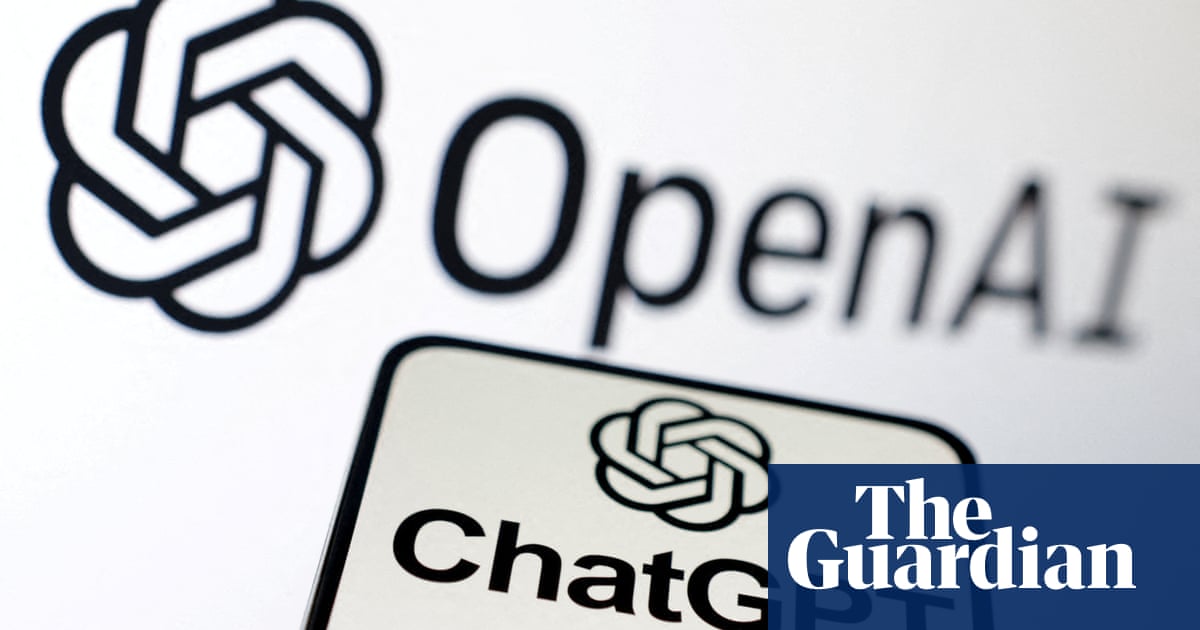- The Publisher Newsletter
- Posts
- Tuesday 5th September: Reuters tests new blockchain tool to authenticate images
Tuesday 5th September: Reuters tests new blockchain tool to authenticate images
Good morning! Today's newsletter is brought to you by Chris, while hiking the Highlands.
There’s more about how publishers are dealing with the rapid rise of generative AI in the fourth story, but this is a fascinating case study in how news companies are moving to tackle GenAI disinformation. Reuters and its partner at Staling Lab are effectively baking data into an image at the moment of creation to establish its provenance. Metadata has been a mainstay of countering disinformation for years, but this is different — it uses a blockchain tool:
“The pictures are then registered into a public blockchain along with any subsequent modification by the Reuters picture desk. This continues until the news agency distributes the photo with all its metadata, edit history and blockchain registration embedded in it. To verify the picture, news customers can compare the unique identifier (hash value) on the public ledger.”
This is a wonderful thought — but you do have to wonder how many news consumers will actually go through the process of learning how to do that for themselves. I’ve written about how we need to understand the context for disinformation creation as much as the techniques used to do so, so I’m hopeful — but simultaneously doubtful — this will move the needle all that much.
Remember when Channel 4 was obviously doing sooo badly that the UK government was ready to privatise it — despite not knowing how it is owned and operated — in a definitely-not-political-motivated move? Well now it’s doubling down on its stock of content and ambitions by launching two new channels in the US.
Been a bad day for social networks, which have been accused of both not doing enough to curb Russian interference and propaganda from appearing on their services, and also in Twitter’s case (got to love the Guardian just flat-out refusing to call it X) actively helping Saudi Arabia commit human rights abuses.
The Guardian is joining a list of publications that aren’t waiting for legislation or deals to arrive to prevent OpenAI from using its content to train its machine learning tools. Look, the current UK government at least is going to take a thousand years to come to up with anything decent on this, so fair play to the papers that are making their own moves.
More from Media Voices





